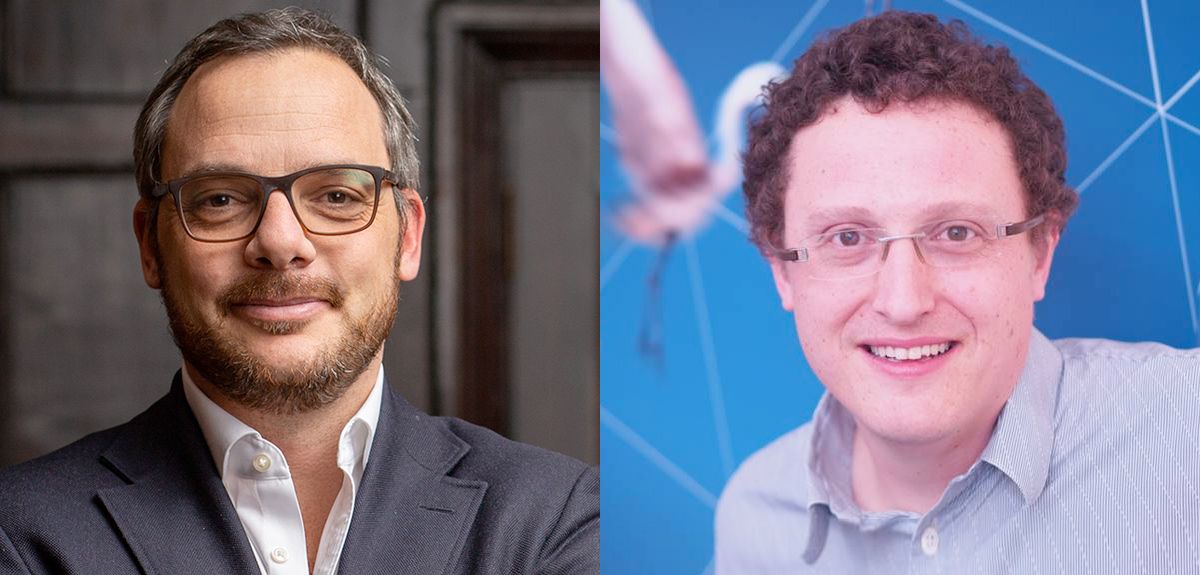
Prof Philipp Kukura photo credit: Kinga Lubowiecka
Oxford researchers honoured in Blavatnik Awards for Young Scientists
Two scientists from Oxford University are among the laureates and finalists of the 2019 Blavatnik Awards for Young Scientists in the United Kingdom, announced today by the Blavatnik Family Foundation and the New York Academy of Sciences.
One laureate in each of the three Blavatnik Awards categories—Life Sciences, Physical Sciences & Engineering, and Chemistry—will each receive a prize of US$100,000, and two finalists in each category will each receive US$30,000. The Blavatnik Awards in the UK are the largest unrestricted cash prizes available exclusively to young scientists in the UK.
Professor Philipp Kukura of Oxford’s Department of Chemistry has been named as the 2019 Chemistry Laureate. Professor Kukura is revolutionising the way we visualise and study processes in nature. By detecting and measuring the scattering of visible light from single biomolecules, he can determine their mass and thereby analyse their structure and properties. He hopes that this approach will be used widely to discover how biomolecules assemble, interact and thus function, as well as understand what goes wrong in disease, and how it can be addressed at a molecular level.
Prof Kukura said: ‘I am incredibly grateful and humbled by this award, not so much for myself, but because it recognises all the incredibly hard work, creativity and perseverance of my students and postdoc, which make our science possible in the first place.’
Professor Timothy Behrens of the Nuffield Department of Clinical Neurosciences has been named as 2019 Blavatnik Awards in the UK Finalists for Life Sciences. Prof Behrens’s work has uncovered mechanisms used by the human brain to represent our world, make decisions, and control our behaviour. An understanding of how our neurons function in networks to control behaviour is fundamental to our understanding of the brain, and has implications for neural network computing, artificial intelligence, and the treatment of mental and cognitive disorders.
Prof Behrens said: ‘It is a great time to be thinking about the brain. There is a buffet of exciting new techniques for studying the brain, and amazing new AI algorithms seem to emerge almost every month. It feels we can potentially make real progress on deep problems that humanity has long grappled with. It’s great that the Blavatnik committee has seen fit to acknowledge this excitement, and I feel very lucky indeed to have been selected.’
The Blavatnik Awards in the UK sit alongside their global counterparts, the Blavatnik National Awards in the United States and the Blavatnik Awards in Israel, and all honour and support exceptional early-career scientists and engineers at lecturer level and above. The Blavatnik Awards for Young Scientists were established by the Blavatnik Family Foundation in the United States in 2007 and are administered by the New York Academy of Sciences. By the end of 2019, the Blavatnik Awards will have given prizes totalling US$8.4 million, honouring 300 outstanding young scientists and engineers from more than 44 countries representing 35 scientific and engineering disciplines.
The 2019 Blavatnik Awards Laureates and Finalists in the UK will be honoured at a gala dinner and ceremony at the prestigious Victoria and Albert Museum in London on 6th March, 2019. The following day the honourees will present their research in a public symposium entitled Cure, Create, Innovate: 9 Young Scientists Transforming Our World to be held at the Science Museum, London on 7th March, 2019.
 Statins do not cause the majority of side effects listed in package leaflets
Statins do not cause the majority of side effects listed in package leaflets
 Activism proves a stimulating topic at Sheldonian Series event
Activism proves a stimulating topic at Sheldonian Series event